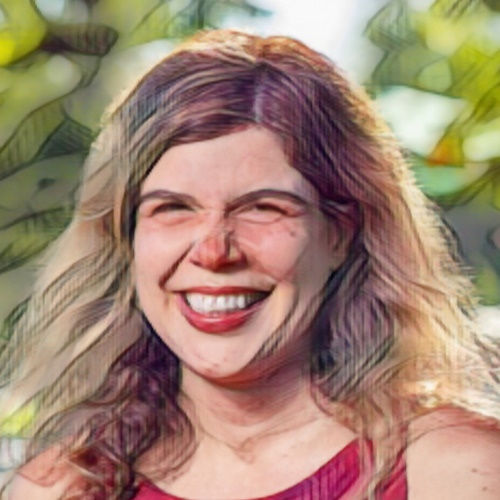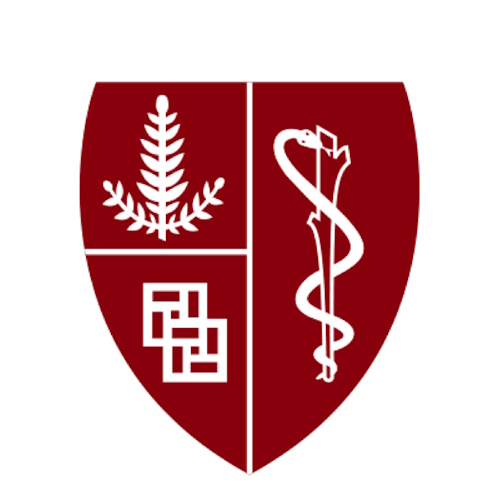Key points from article :
A recent breakthrough from Stanford Medicine, published in Nature on October 2, 2024, reveals new insights into how ageing affects the brain's ability to produce new neurons, and it suggests potential ways to reactivate dormant neural stem cells. Led by Anne Brunet, PhD, professor of genetics, the study focuses on how neural stem cells, which generate new neurons, become less active with age. This decline contributes to memory loss and neurological conditions like Alzheimer's and Parkinson's.
Brunet’s team used advanced gene-editing techniques, specifically CRISPR, to identify genes that influence the activation of neural stem cells in older brains. Among the 300 genes identified, one stood out: the gene for the glucose transporter protein GLUT4. The research suggests that high glucose levels in older brains may suppress stem cell activity. By blocking the GLUT4 gene in older mice, the researchers doubled the production of new neurons in key brain areas, a promising result for treating age-related brain decline.
The team also highlighted connections between glucose metabolism and other pathways, like primary cilia, which are involved in sensing growth factors. These findings suggest multiple potential avenues for future therapies, including genetic interventions or even lifestyle changes like adopting a low-carbohydrate diet to influence glucose levels and promote brain health.
This discovery offers hope for developing treatments that could stimulate neuron growth in ageing or injured brains, potentially leading to advances in combating brain diseases and enhancing recovery from injuries like strokes.








